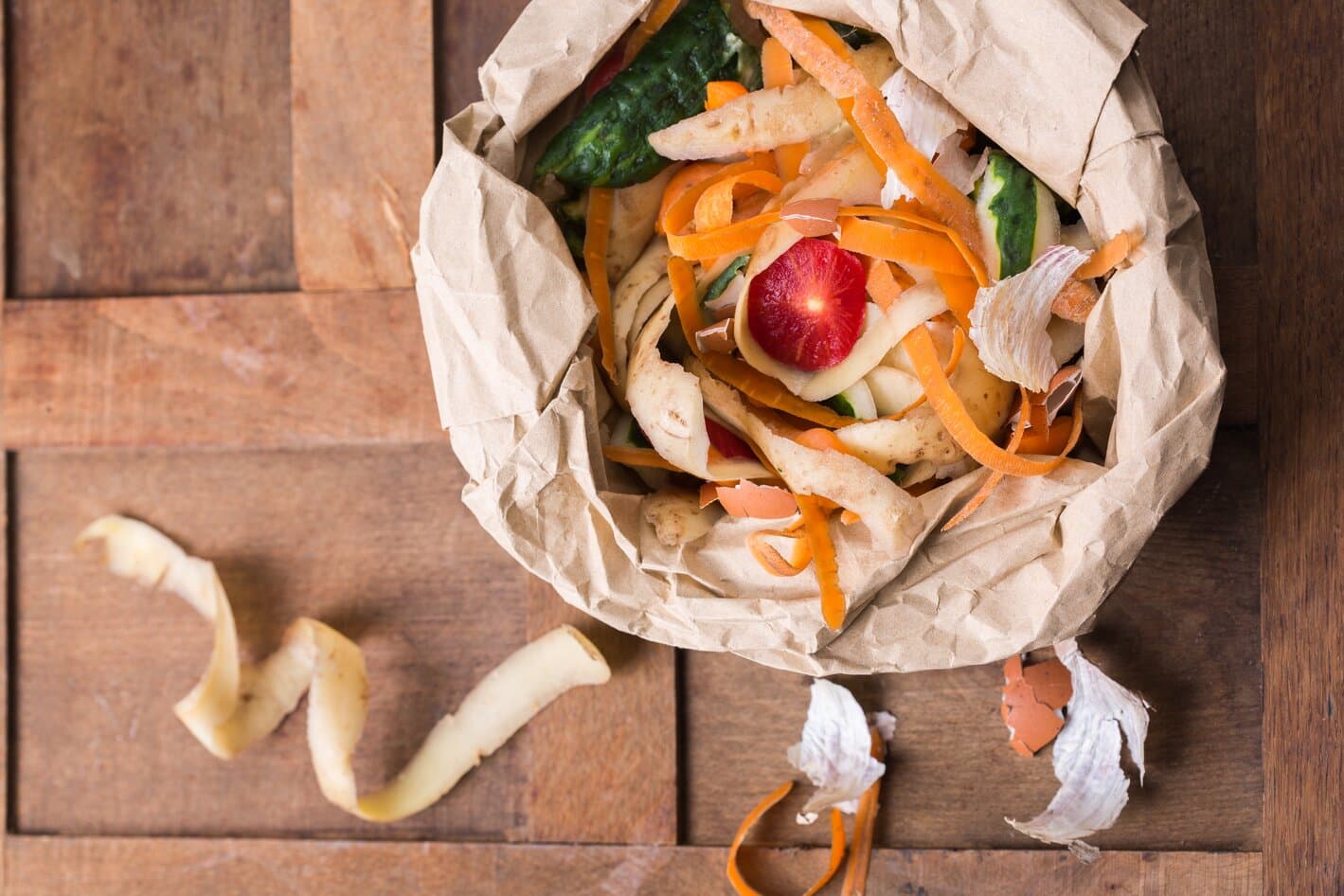- Authors

- Author
- Author
- Name
- Zuzana Slobodova
- Published on
Composting: What You Can and Can't Compost

Composting is a fantastic way to recycle organic waste, enrich your garden soil, and reduce your environmental footprint. However, not all materials are suitable for composting, and some might surprise you. Here's a comprehensive guide on what you can compost, what you should avoid, and why.
What You Can Compost (and Might Not Know You Can)
Coffee Grounds and Filters
Coffee grounds are rich in nitrogen and great for composting. You can also compost paper coffee filters, as long as they are unbleached.
Tea Bags
Most tea bags can be composted, but be sure to remove any staples and check if the bags are made from synthetic materials. Look for biodegradable tea bags.
Paper Products
Unbleached paper towels, napkins, and shredded newspaper can be composted. They break down well and add carbon to your compost pile.
Nut Shells
Shells from nuts like peanuts, pecans, and walnuts are compostable, though they may take longer to break down. Avoid shells from salted or flavored nuts.
Hair and Fur
Human and pet hair are rich in nitrogen and can be added to your compost pile. Ensure they are spread out to avoid clumping.
Old Spices
Expired spices can be composted, adding valuable nutrients to the soil.
Cotton and Wool Scraps
Small scraps of natural fabrics like cotton and wool can be composted, as long as they are not dyed with synthetic chemicals.
Wood Ash
In small amounts, wood ash from untreated wood can be added to your compost. It helps balance acidic soil but should be used sparingly.
Eggshells
Crushed eggshells add calcium to the compost, which is beneficial for plant growth. They also help deter pests like slugs and snails.
Wine Corks
Natural corks can be composted, but avoid those made from synthetic materials. Break them into smaller pieces to speed up decomposition.
What You Should Not Compost (and Might Think You Can)
Meat and Dairy Products
Meat, bones, fish, and dairy products attract pests and can create unpleasant odors. They also take longer to break down.
Oily Foods and Fats
Oils, grease, and fatty foods can create a slimy compost pile and attract pests. They do not decompose well and should be avoided.
Diseased Plants
Plants with diseases or insect infestations should not be composted, as the pathogens can survive and spread to your garden.
Citrus Peels
While small amounts are okay, large quantities of citrus peels can make the compost too acidic and deter beneficial microorganisms.
Treated Wood Products
Sawdust or wood shavings from treated wood contain chemicals that can harm your compost and plants.
Coal Ash
Ash from coal or charcoal should not be composted, as it contains harmful chemicals and heavy metals.
Cat and Dog Waste
Pet waste can contain harmful pathogens and parasites. Stick to composting manure from herbivores like rabbits and horses.
Glossy or Coated Paper
Avoid composting glossy magazines, coated paper, and printed materials with heavy inks or dyes. They contain chemicals that are not compost-friendly.
Synthetic Fabrics
Polyester, nylon, and other synthetic fabrics do not break down in compost and can introduce microplastics into the soil.
Onions and Garlic
Large amounts of onions and garlic can create an acidic environment in the compost, slowing down decomposition and deterring earthworms.
Tips for Successful Composting
Balance Greens and Browns
Ensure a good mix of green (nitrogen-rich) materials like vegetable scraps and coffee grounds, and brown (carbon-rich) materials like leaves and paper.
Maintain Moisture
Keep your compost pile moist, but not waterlogged. It should feel like a wrung-out sponge.
Turn Regularly
Aerate your compost pile by turning it regularly. This helps speed up decomposition and prevents odors.
Chop Materials
Chop or shred larger materials to help them break down faster and create a more uniform compost.
How to start composting guide.
Summary
By understanding what you can and can't compost, you can create a rich, healthy compost that benefits your garden and the environment. Happy composting!